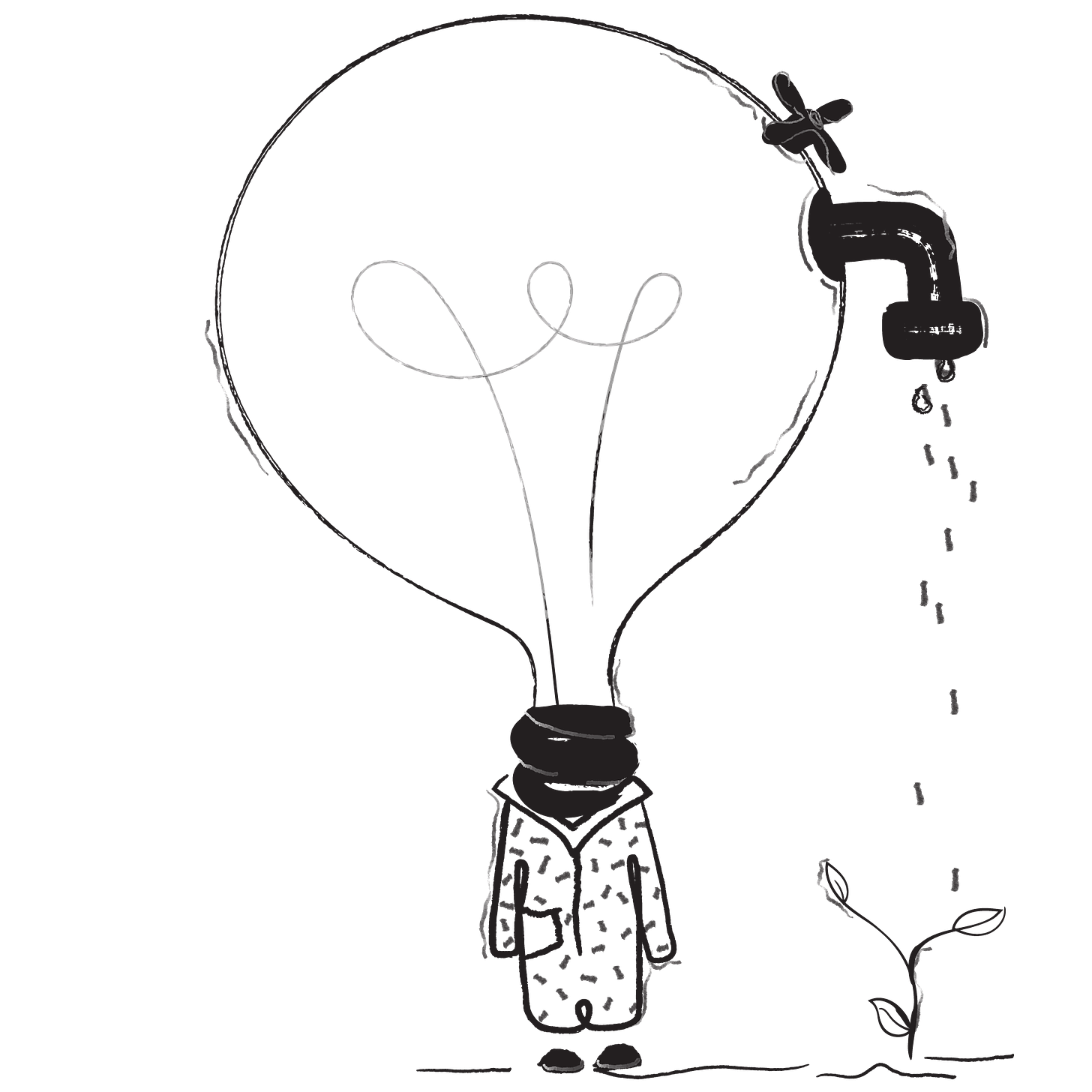Smalltalk doesn’t have to be superficial and hard, but it certainly will if your strategy consists of examining the weather and hoping to develop something brilliant on the fly. Time for a system.
Practice 1: Listen
The first and most important practice: Listen. If you truly listen to what the other person says, you will find a treasure full of topics to dig deeper into.
People give endless clues on topics they like to speak about, and they will when invited to do so. Words relating to feelings are usually the best hooks.
Practice 2: Open up
There are also situations where the other person doesn’t reveal enough for this rule to work.
You: “How are you doing?” Them: “I’m doing well.”
Rather than scrambling to find topics they might be interested in, open up instead: “That’s good to hear! I’m also having a good day because… (I’m really liking the party, just made an interesting discovery, closed my first deal, just got back from vacation, etc.).”
By taking the lead, you open up the opportunity for the other person to dig, and sooner or later, you can practice listening again.
How far should you go? On many occasions, I noticed that people respond surprisingly well to unexpected openness. Everyone enjoys a good story delivered with passion. On top of that, our natural tendency to reciprocate might motivate the other to even the score – and your curious, exciting, unexpected, or intimate conversation unfolds naturally.
On that last point: don’t force it. Some people have their limits and don’t want to dive into intimate details right away, let alone share theirs with a stranger.
Practice 3: Open questions
If opening up doesn’t work, resort to open questions. Of course, you could be asking all kinds of things, but that second of thinking might already suffice to interrupt the flow and lead to awkward silence. For simplicity, ask these:
“If we weren’t standing here, what would you be doing instead right now?”
“How did you meet the [host, professor, …]?”
“What’s keeping you busy right now?“ or “What’s moving/bothering you right now in your life?”
Contrary to popular belief, this technique should come last as it gives the least and asks for the most: The first demonstrates interest, the second demonstrates openness. On top of that, people detect fake interest and most don’t like to be questioned by strangers.
How to become good at small talk
Some people seem natural communicators, but not every one of them was born this way. Smalltalk is an art that anyone can master, and it doesn’t take more than the above.
The best way for these techniques to function when they should – it is too late when your mind goes “awkward silence in 2, 1, …”. Therefore, practice them in a safe space: With your friends, family, and close colleagues.
You might even start with your life partner and surprise them with your ability to listen, openness, and interest!
Image credits: absurd.design



